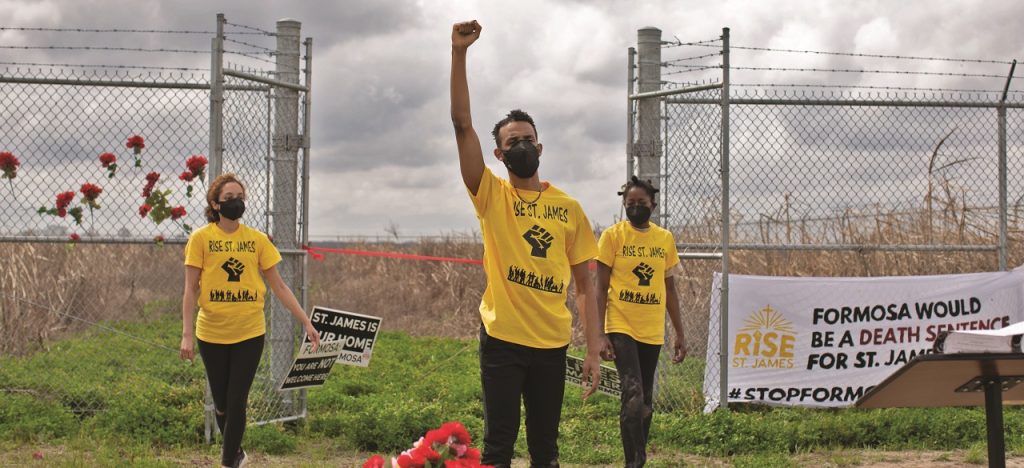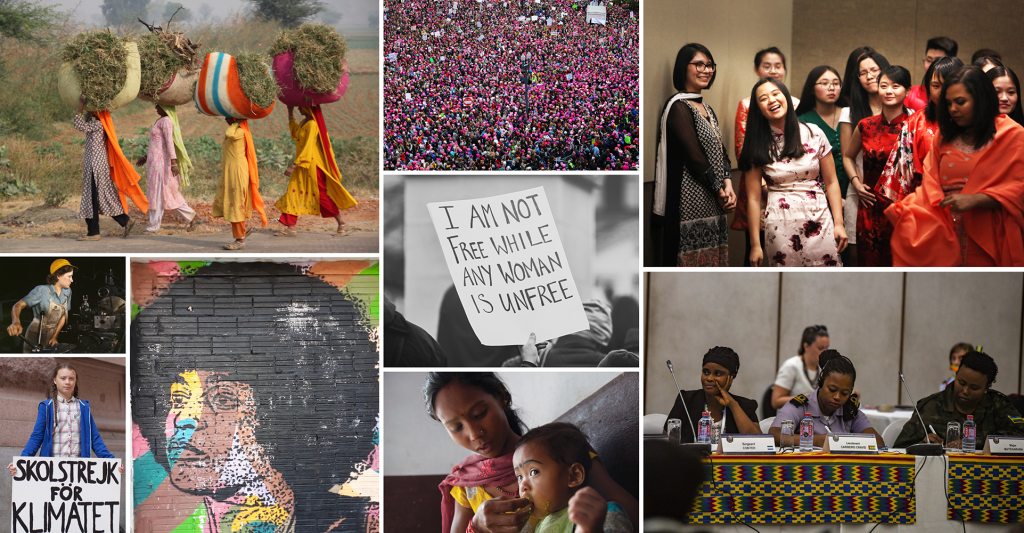Gender-Based Violence: Tackling Root Causes and Exploring Solutions.

Gender-based violence (GBV) remains a pressing global issue, affecting millions of individuals—predominantly women and girls—across cultures and societies. Rooted in systemic inequalities and cultural norms, GBV manifests in various forms, from physical and emotional abuse to economic deprivation. This article delves into the causes of GBV and explores comprehensive strategies to address and eliminate it.
Gender-based violence refers to harmful acts directed at individuals based on their gender. It includes domestic violence, sexual harassment, human trafficking, and harmful traditional practices such as female genital mutilation and forced marriages. These acts violate human rights and perpetuate cycles of oppression.
Gender inequality is one of the primary drivers of GBV. Unequal power dynamics between genders create an environment where violence is tolerated or justified. Patriarchal structures often reinforce male dominance and control over women’s lives. Cultural and social norms also play a significant role, as societal expectations often stigmatize victims and perpetuate harmful practices. In many communities, violence against women is normalized or trivialized. Limited access to education for women and girls further perpetuates dependency and vulnerability to abuse. Additionally, financial dependency on abusive partners limits women’s ability to leave violent relationships, while poverty and unemployment contribute to stress and frustration, sometimes leading to violence. Weak legal frameworks and enforcement exacerbate the issue, as inadequate laws and barriers to accessing justice fail to hold perpetrators accountable.
The societal impact of gender-based violence is profound. Survivors often suffer physical injuries, chronic illnesses, and mental health disorders like PTSD and depression. GBV imposes financial burdens on healthcare systems, legal frameworks, and productivity, costing billions globally. It also has generational effects, with children exposed to violence more likely to perpetuate or experience abuse as adults. Moreover, widespread violence undermines trust and stability within communities, eroding social cohesion.
Addressing gender-based violence requires comprehensive strategies. Education and awareness programs are essential to promote gender equality and challenge stereotypes. Public campaigns can help foster healthy relationships. Strengthening legal frameworks to criminalize all forms of GBV and providing survivors with access to justice through victim-friendly courts and legal aid services are critical steps. Economic empowerment initiatives, such as improving access to education, employment, and financial independence, enable women to rebuild their lives. Community engagement involving men and boys as allies can challenge toxic masculinity and support equality. Establishing accessible support systems, including shelters, hotlines, and counseling services, is vital for survivor recovery. Training healthcare providers and law enforcement personnel to handle GBV cases sensitively further strengthens these efforts.
Despite these measures, challenges remain. Deep-rooted cultural norms and societal stigma often hinder progress. Many survivors fear reporting abuse due to judgment or retaliation. Resource constraints in developing countries and global disparities in addressing GBV complicate the fight. Additionally, the global nature of some GBV practices requires international collaboration for effective intervention.
Gender-based violence perpetuates cycles of poverty, inequality, and social instability. Addressing GBV is not just a moral imperative but also a critical component of achieving sustainable development and gender justice. Global collaboration is essential, along with a focus on prevention, survivor empowerment, and accountability. Investing in education, fostering community support, and strengthening legal systems can help societies create safer environments.
Gender-based violence is a multifaceted issue requiring coordinated efforts across legal, social, and economic domains. By addressing root causes and implementing effective solutions, societies can create safer and more equitable environments for all. Ending GBV is not only a step toward gender equality but also a fundamental prerequisite for global peace and prosperity.










